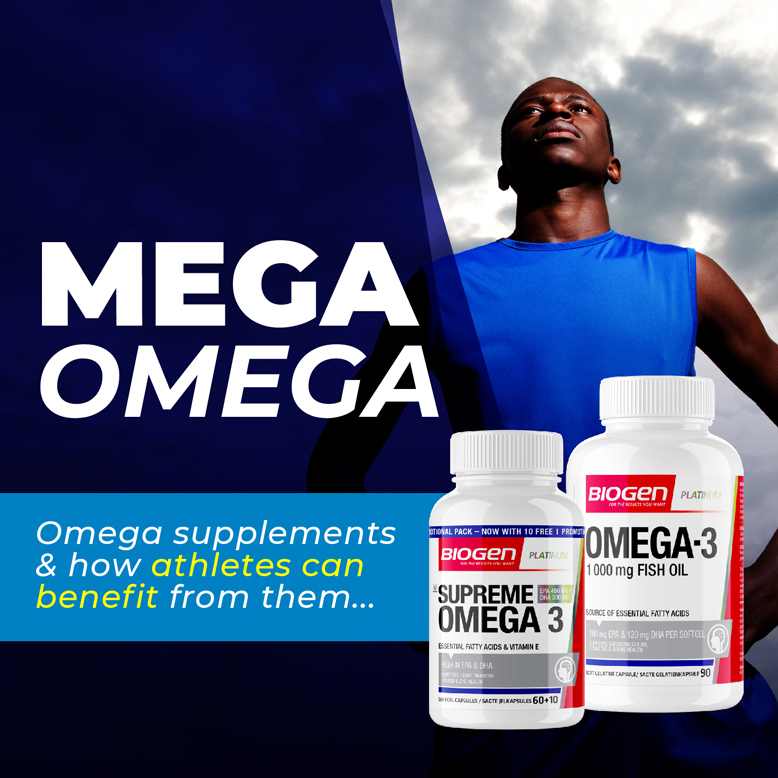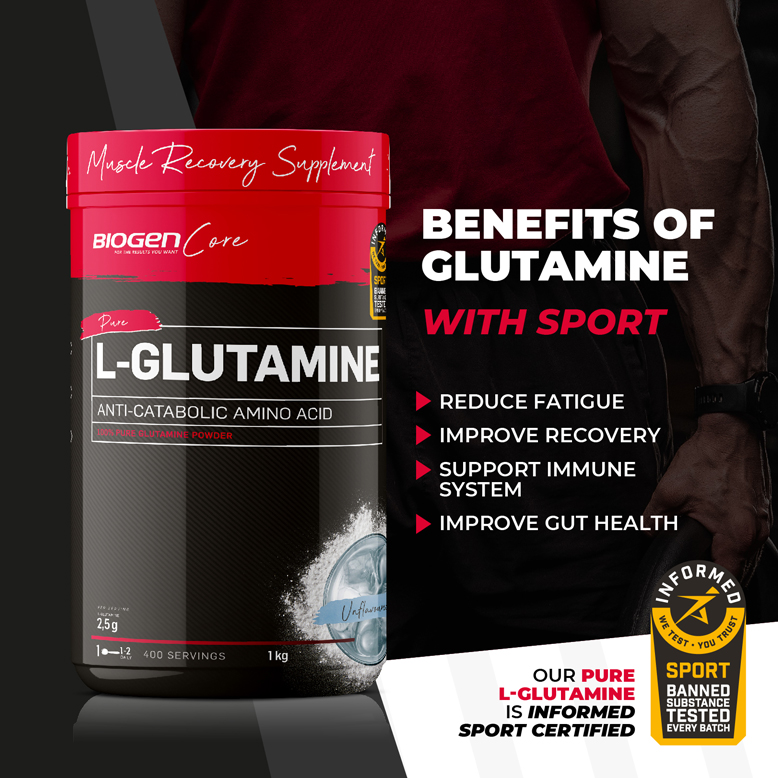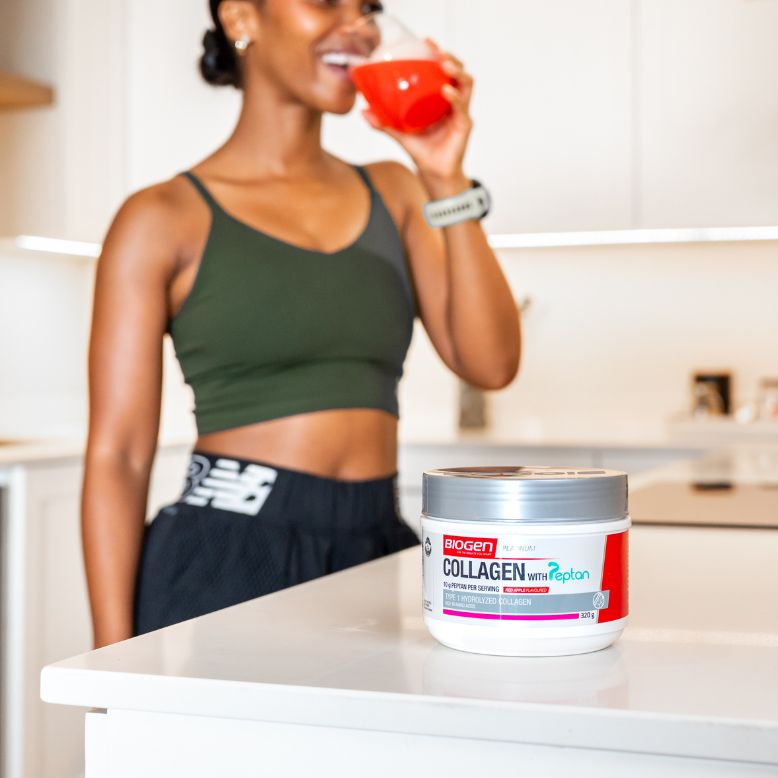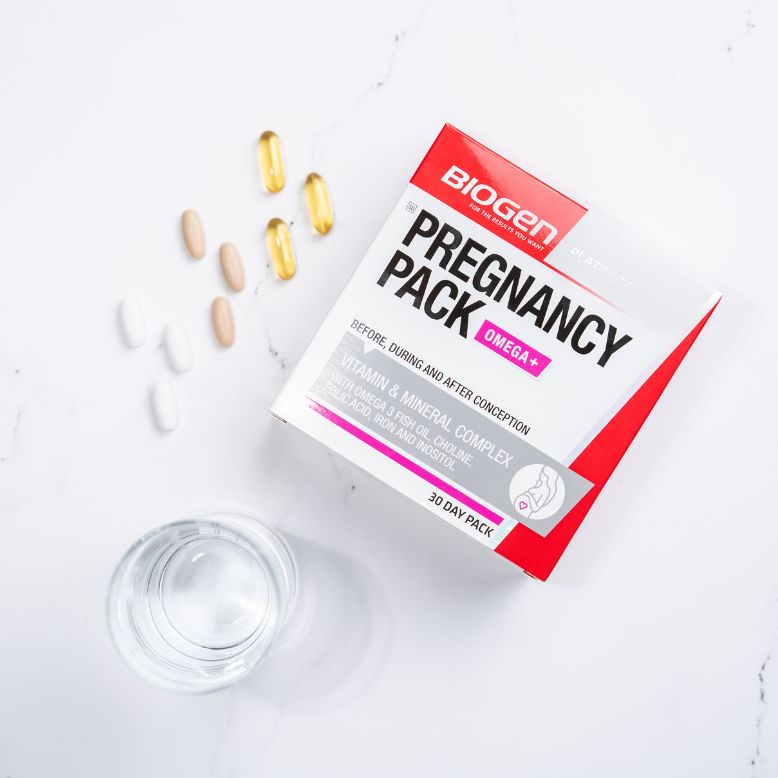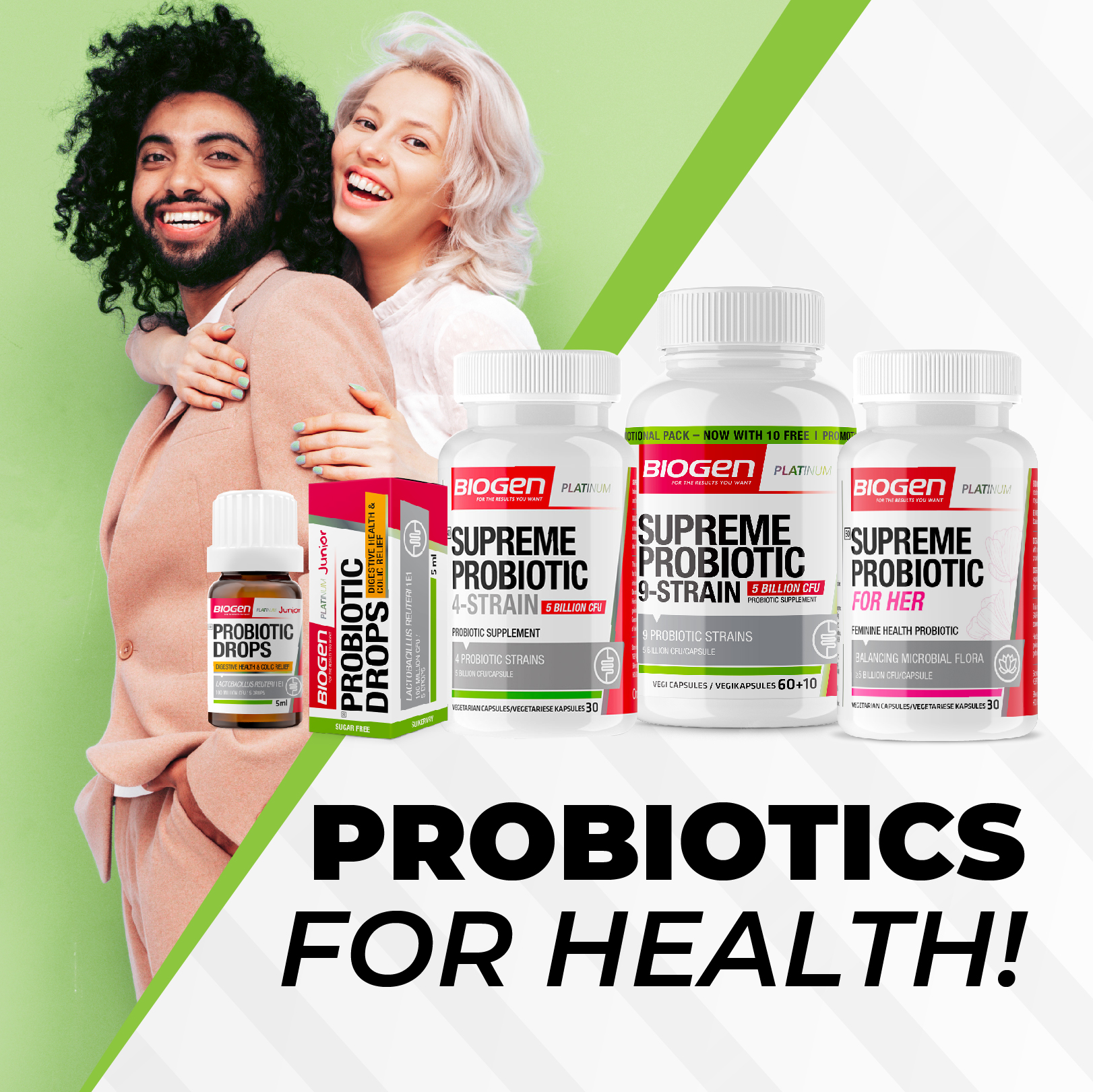
Vitamin C is a popular inclusion in winter supplement plans due to its proven role in supporting a healthy immune system.
This water-soluble vitamin is an essential micronutrient for optimal health and immunity because it performs numerous roles in our body. In addition to its potent antioxidant effects and role as a cofactor in numerous enzyme reactions, vitamin C contributes to our immune defenses by supporting various cell functions.
Stronger cells
First and foremost, vitamin C is essential for tissue repair and growth. This function helps to strengthen physical barriers like the skin and mucosal linings that protect us by stopping pathogens like viruses and bacteria from entering the body.
Vitamin C also supports immune cell function, particularly during an infection. White blood cells (also know as leukocytes) like macrophages and neutrophils consume vitamin C in large quantities when fighting an infection, which is why they contain high concentrations. Immune cells also require vitamin C to protect against free radical damage.
But more than merely working to prevent a cold from taking hold, vitamin C may actually play a more important role in helping our immune system beat the infection. Studies show that supplementing regularly with vitamin C effectively reduced the severity and duration of a cold.
Meeting higher demands
But the body cannot synthesise vitamin C, which means we need to get this important vitamin from the food we eat and from supplements.
Meeting our minimum recommended daily allowance (RDA) is especially important during periods when our daily requirements rise – like when we are sick and trying to recover or during periods of chronic stress (which can include intense or prolonged training blocks) – or when we experience a shortfall due to compromised intakes.
Fruits and vegetables offer the best natural sources of vitamin C. Eating a variety of foods rich in vitamin C, like strawberries, oranges, citrus fruits, tomatoes, potatoes, green and red bell peppers, broccoli, Brussels sprouts and kiwifruit, among others.
However, modern food processing and farming practises and cooking on high heat can lower the vitamin C content in these foods. We might also struggle to meet our daily requirements from food alone, especially during winter if we get sick.
This is when quality supplements can bolster your diet and really help to support your body and our immunity.
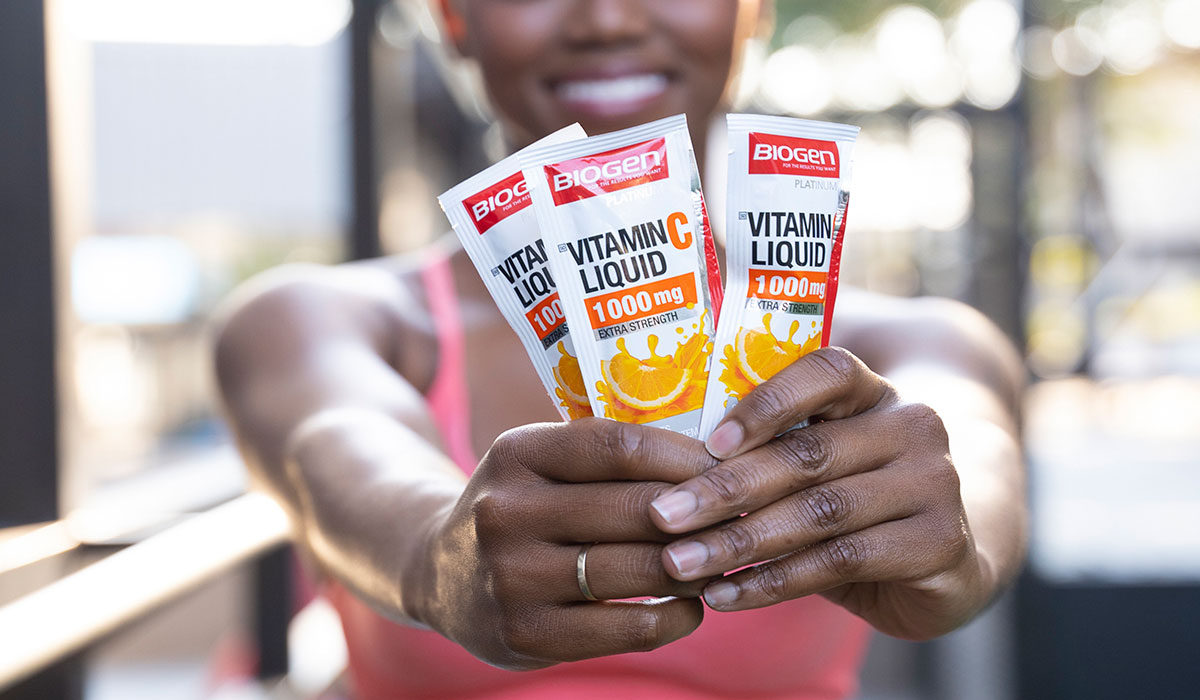
A supplement solution
You’ll find various forms of vitamin C in supplement products. They allow you to mega-dose vitamin C when fighting a cold or flu, which may help to shorten your infection and reduce its severity.
Vitamin C supplements typically come in powder or capsule form and cater to different preferences around ingestion, taste and texture.
A vitamin C effervescent tablet like Biogen Vitamin C Fizzy offers a great-tasting way to get in a high dose of vitamin C while potentially benefiting from better absorption.
Similarly, Biogen Vitamin C Ester offers a more bioavailable form of vitamin C compared to pure vitamin C (ascrobic acid) tablets and powders. Better bioavailability means the body can more quickly digest and absorb this form of vitamin C, which ensures it gets to work quicker. It’s the better option for anyone looking for a fast and effective dose of vitamin C.
Product innovations like Biogen Vitamin C Liquid Shot offer a convenient on-the-go immune-boost when you are travelling or out and about. Every 10 ml dose of orange-flavoured syrup is packed in an easy-to-carry sachet and delivers the maximum strength of 1000 mg vitamin C.
And combined products like Biogen Electrolytes + Vitamin C effervescent and Biogen ElectroLite + Vitamin C Ready-to-Drink help replenish electrolyte salts with added vitamin C to protect cells from oxidative damage.


